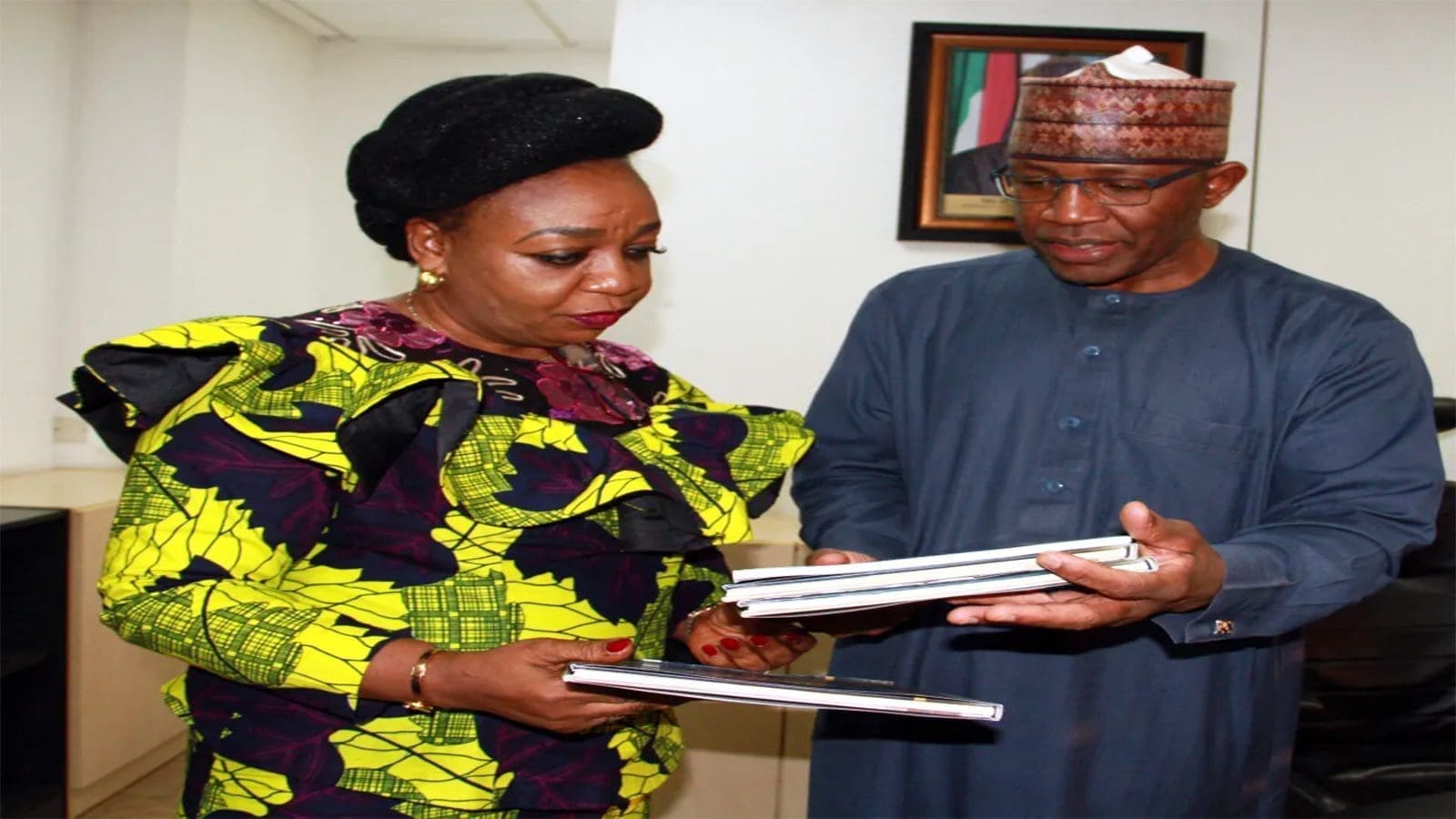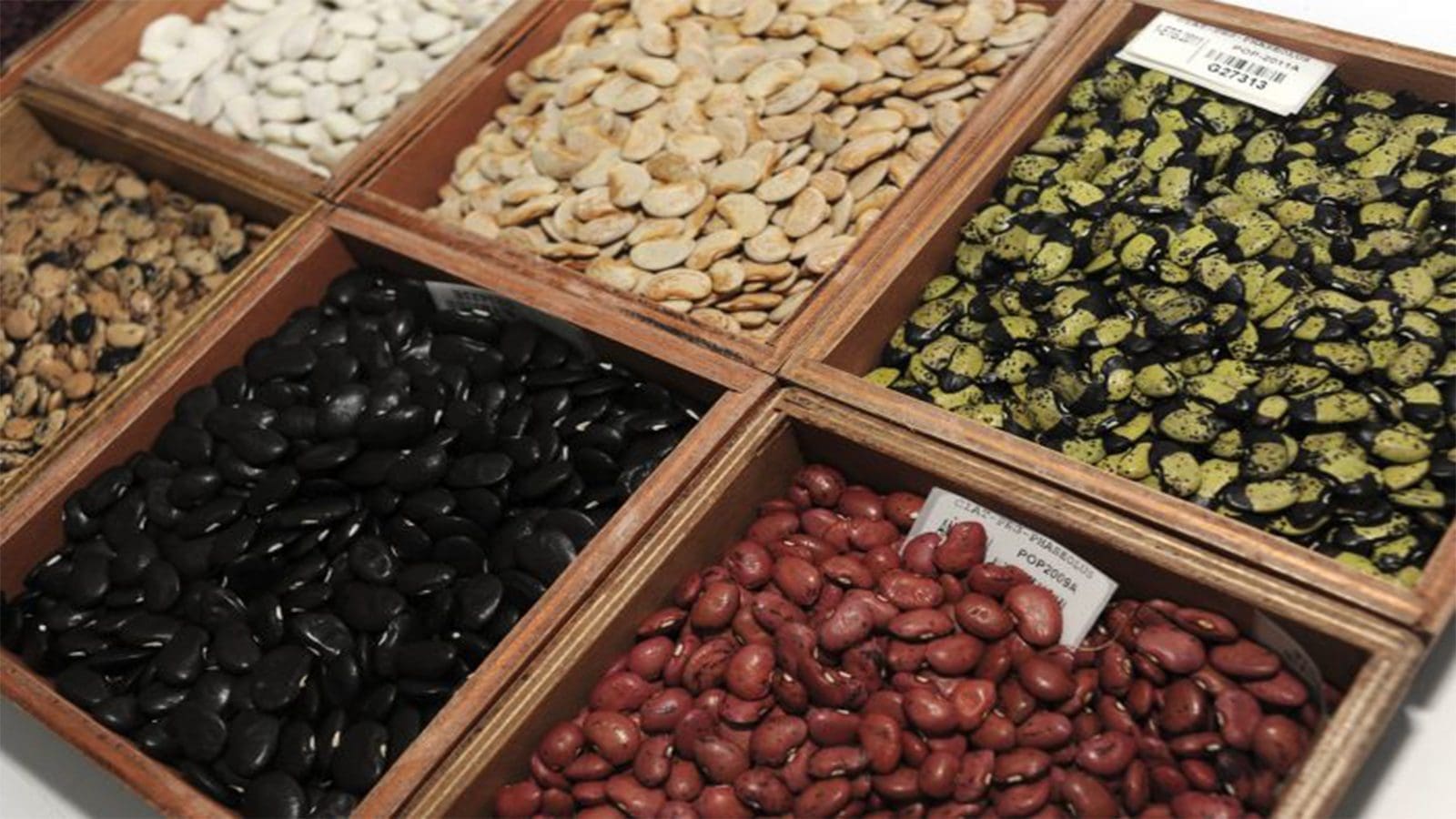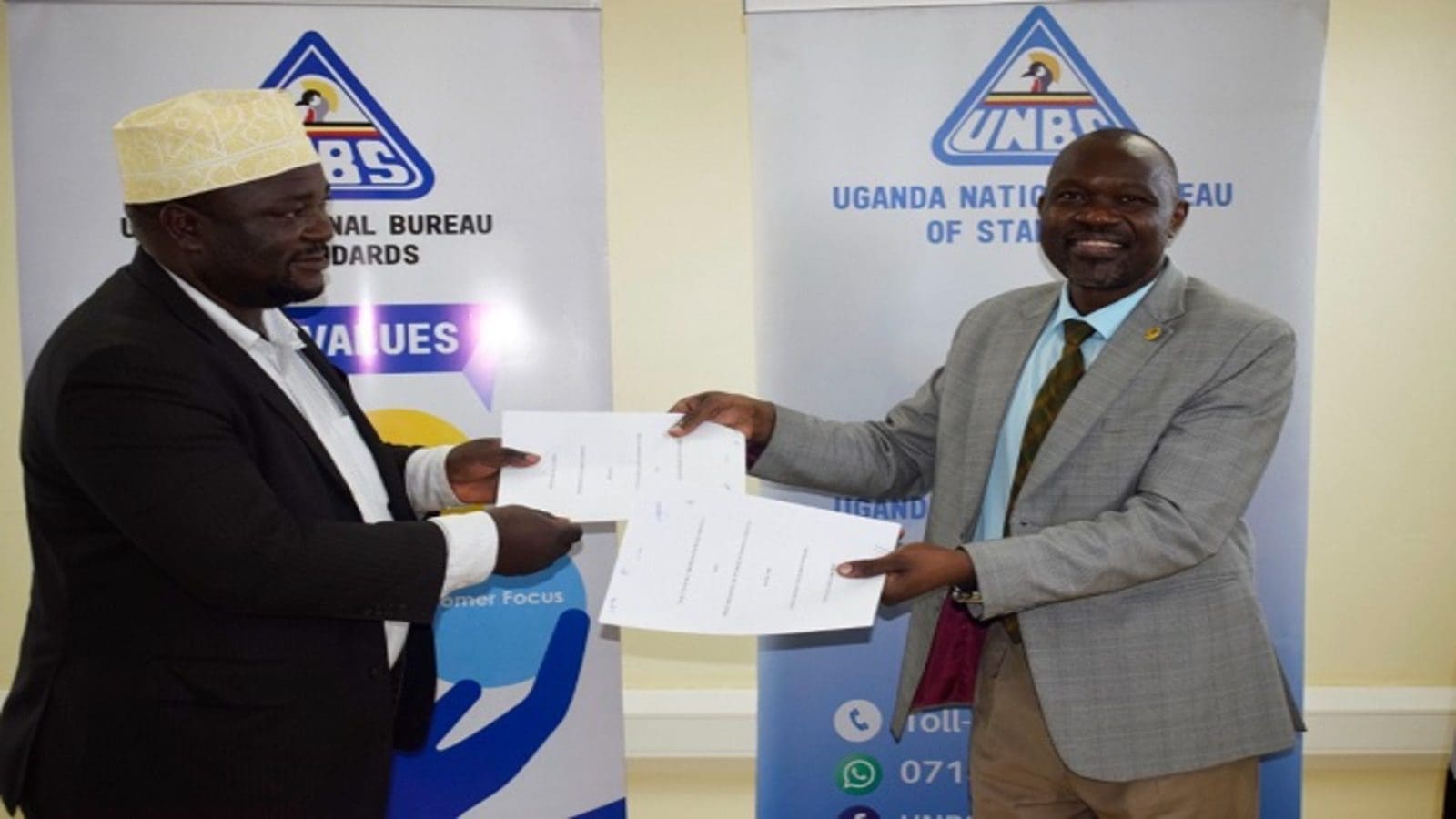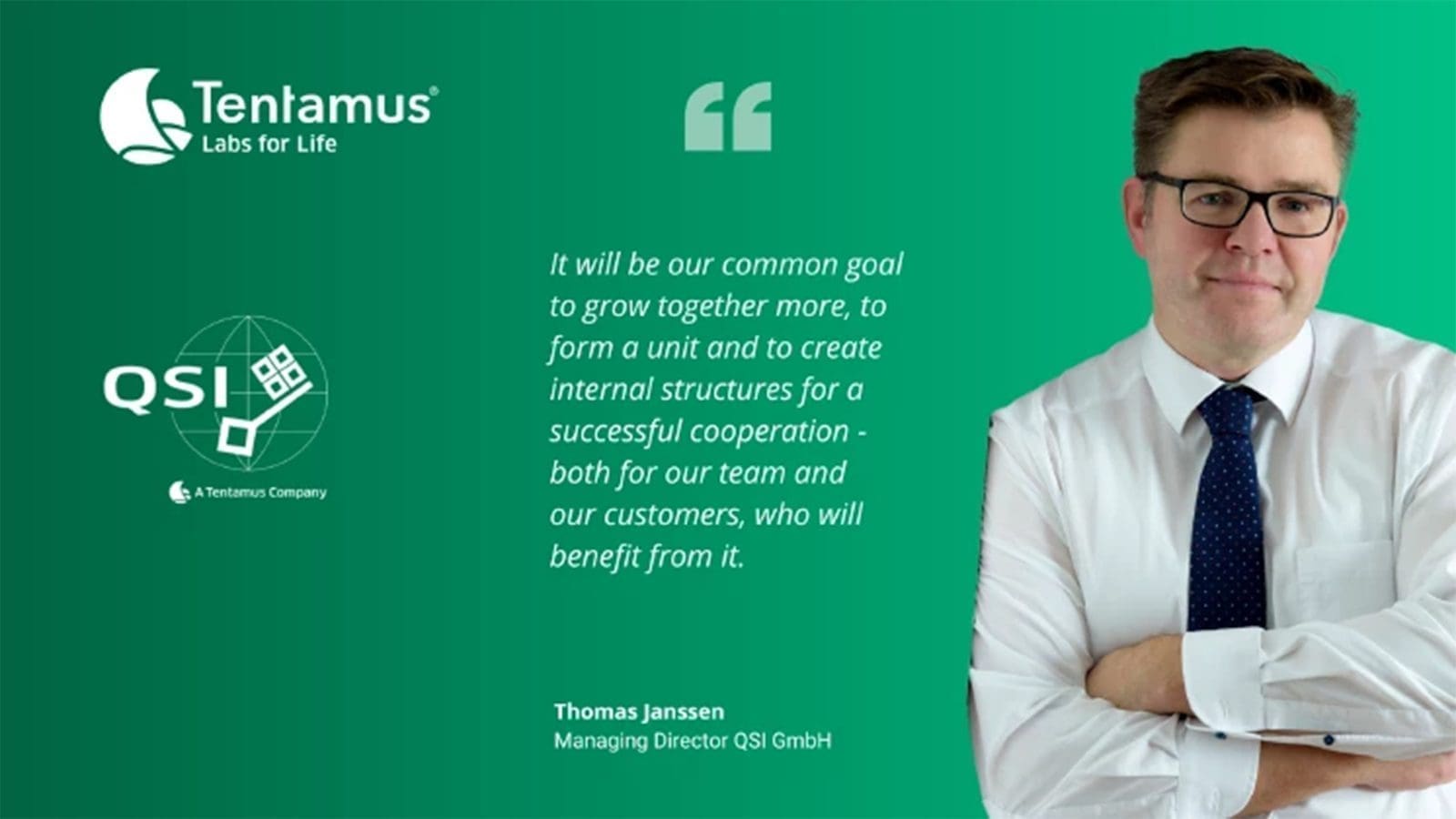NIGERIA – The Securities and Exchange Commission (SEC) is taking steps to ensure that Nigerian agricultural produce meets specifications for exports through the development of a grading and standardization system in line with international best practices.
SEC’s Director-General, Mr. Lamido Yuguda, revealed that they are ready to partner with the country’s Agricultural Insurance Corporation, the Nigerian Agricultural Insurance Corporation (NAIC) to achieve this objective.
The goal, according to Mr. Yuguda, is to further strengthen the commodities trading ecosystem and make it an effective strategy for Nigeria’s pursuit of long-term economic growth and foreign exchange (FX) revenues.
The SEC boss claimed that Nigerians had earned little foreign exchange “in the past few months [because of] low oil output and oil theft,” which frequently leads to FX “shortages and balance-of-payment concerns,” at a meeting with NAIC in Abuja.
The SEC DG acknowledged that there are markets for the goods made in Nigeria, but bemoaned the fact that there are currently no standards in place, which he claimed is the reason why some of the goods are currently not accepted on the international market.
He added that his organization was prepared to collaborate with NAIC in order to be able to reduce various risks in the ecosystem when they arise.
According to him, the commission established a Technical Committee on the Commodities Trading Ecosystem as part of its implementation of the 10-year Capital Market Master Plan, with the aim of identifying the shortcomings of the current framework and creating a road map for a thriving ecosystem.
“A committee comprising various stakeholders, including the SON (Standards Organisation of Nigeria), was set up to drive the implementation of the report.
“One of the recommendations in the report identified the development of a grading and standardization system in line with international best practices. We are therefore willing to also work with NAIC to grow the commodities sector,” he stated.
Mr. Yuguda stated that the SEC and NAIC have a lot of things in common as both organizations are government agencies working towards the growth of the commodities sector of the economy.
“The SEC has been doing a lot of things in the commodities sector, and the role of NAIC in this sector cannot be overemphasized. Based on that, we would like to explore areas of collaboration to see how far we can help grow that sector together,” he said.
“This sector is key to our country’s future. If we can harness it, it will greatly improve the economy of this country,” the DG disclosed.
Also addressing, Mr. Dayo Obisan, Executive Commissioner Operations of the SEC, stated that there are several prospects along the entire agricultural value chain that, if properly tapped into, would contribute to the continued growth of the country’s economy.
“There has been a couple of developments in the commodities side; the entire value chain is quite large. The farmers want someone to take up the crops, even local companies in Nigeria can do that. They need quality seeds as well as the funds to buy them. If the sector is not de-risked, it will be difficult to attract investors.
“There are a lot of things we can do together, and we are looking forward to this partnership with you,” he added.
In her remarks, the Managing Director of NAIC, Mrs. Folashade Joseph, stated that her organization was willing and available to push forward any initiative that will add value to the population and the nation’s economy.
“It is a privilege to do this, as things begin to evolve, we try to push forward what will add value to the population. Our focus is on commodities. There are various evolving issues during the course of our business as insurers because we manage across the value chain,” she said.
The NAIC MD said the collaboration would be of significant advantage to all parties concerned in areas of storage and insurance issues.
He also reaffirmed that NAIC is prepared to provide its expertise to anything that helps improve the commodities ecosystem.
For all the latest food safety news from Africa and the World, subscribe to our NEWSLETTER, follow us on Twitter and LinkedIn, like us on Facebook and subscribe to our YouTube channel.








